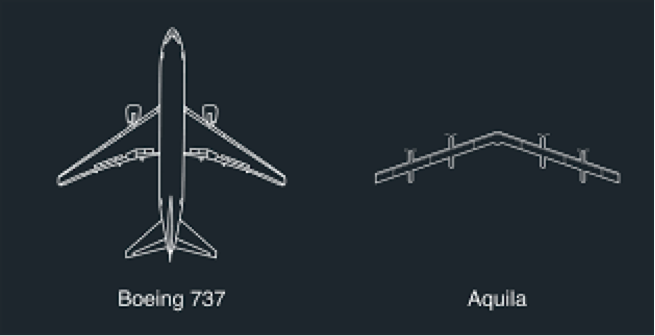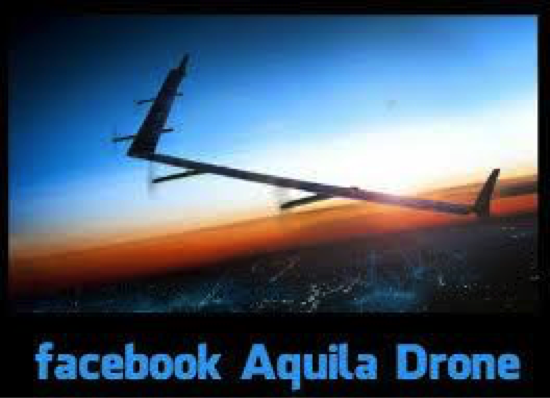The Facebook initiative called Aquila, a solar-powered drone, is aimed to help people stay connected in remote areas globally. The company has achieved its first milestone by launching a second test flight after the learnings from its ill-fated first launch.
Aquila’s second test flight took into account the experience and the learning from the first flight; here are a few of the modifications the team is working on –
– Increasing the sensor count to gather new data
– Adding “spoilers” to the wings, to increase drag and reduce lift during the landing approach.
– ”Installing a horizontal propeller stopping mechanism to support a successful landing.”
The second test flight took off before dawn in Yuma, Arizona and stayed aloft for 96 minutes, landing perfectly on a prepared landing site. It stayed for much longer than expected; originally, it was scheduled for 30 minutes. The longer duration helped to gather all data about the model and the aircraft structure. After two years of development, it was almost an emotional experience to see Aquila get off the ground – and land – in perfect shape.
A quote from the team:
“But as big as this milestone is, we still have a lot of work to do. Eventually, our goal is to have a fleet of Aquilas flying together at 60,000 feet, communicating with each other with lasers and staying aloft for months at a time — something that’s never been done before.”
The team is currently looking at ways to lighten the aircraft and reduce its power consumption. The study is also intended to understand the amount of energy Aquila collects from the sun during the day. The research continues on getting an accurate assessment of how much power it will take to operate at different altitudes and temperatures, and the impact of battery size.

It was an enthralling moment for the team when Aquila flew for more than an hour and landed perfectly. The team said that learning continues from the second flight launch, which will help the Aquila program move forward.
Zuckerberg rightly commented on Facebook, “Today, more than half the world’s population — 4 billion people still can’t access the internet. One day, Aquila will help change that.”



